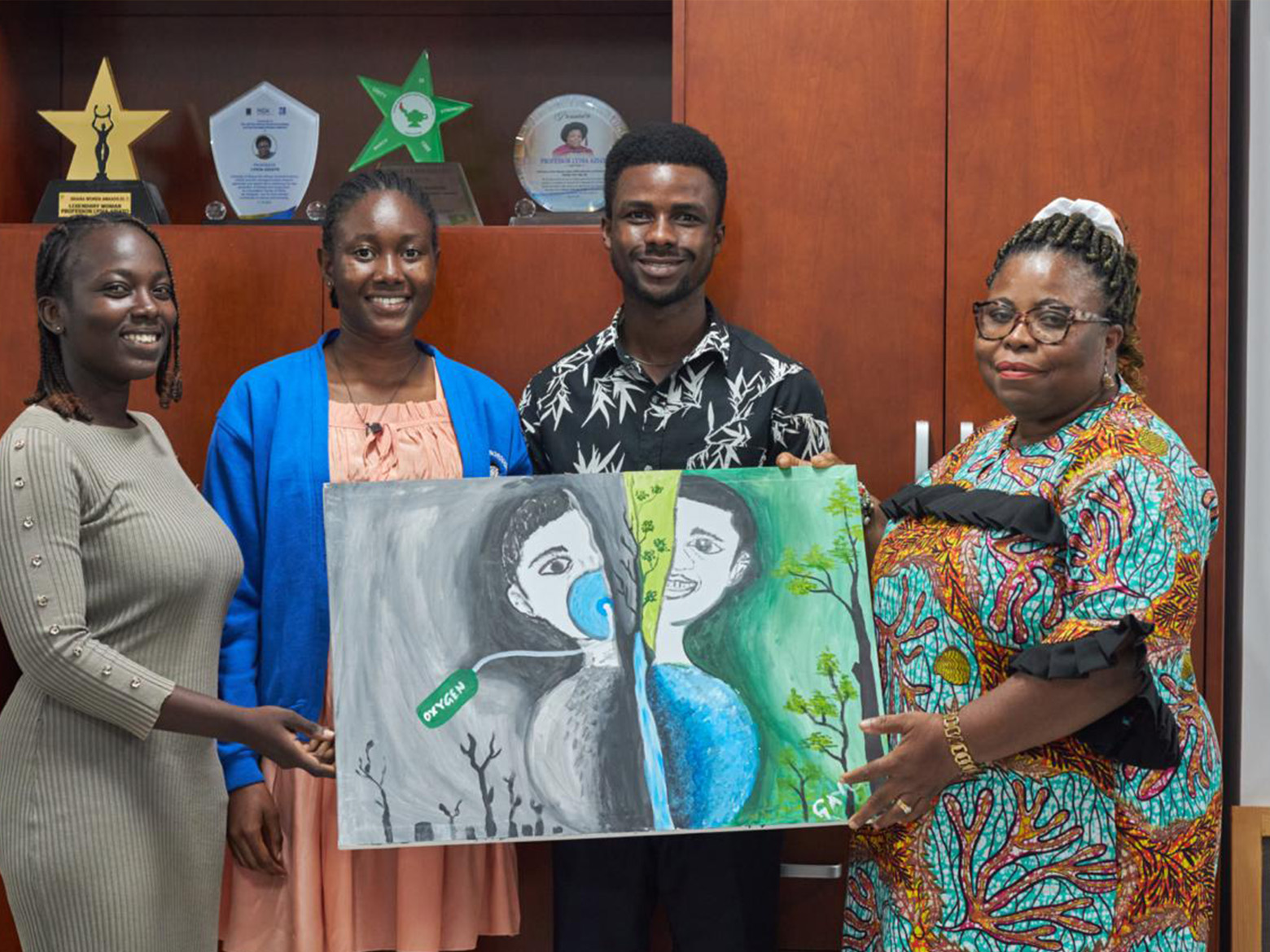
The IMAGINE Ghana project was officially launched at the University of Health and Allied Sciences (UHAS) during a two-day IMAGINE Ghana Project Kickoff workshop, held on September 15 and 16, 2025, to address the dual burden of physical and mental health challenges faced by some of Ghana's most vulnerable communities.
Integrating Mental Health and Neglected Tropical Disease Interventions to Support Equitable People-Centered Care in Ghana (IMAGINE Ghana) Project is an adaptation of the World Health Organization's (WHO) Essential Care Package for NTDs, Stigma, and Mental Health Conditions. This initiative brings together researchers, policymakers, health workers and individuals affected by NTDs to develop and implement context-specific solutions. The project seeks to improve early detection and treatment of skin NTDs, enhance mental well-being and develop practical solutions for integrating mental health and NTDs care in Ghana.
The study is a four-year project being conducted by the Centre for Neglected Tropical Diseases Research (CNTDR) at UHAS Institute of Health Research (IHR).
Professor Lydia Aziato, Vice Chancellor of UHAS, welcomed the initiative and emphasized the need for sustainable solutions.
The Director of UHAS-IHR, Professor Alexander Ansah Manu, highlighted the project’s importance in sharing ideas about NTDs, noting the significant social costs involved and the mental health challenges faced by women with NTDs.
The Director of CNTDR and the Principal Investigator (PI), Dr Alfred Manyeh, declared that the work will focus on providing practical, scalable and evidence-based solutions to improve early detection, treatment and mental well-being for people affected by skin NTDs. He added that the project would address a significant public health challenge, as NTDs are estimated to affect over one billion people globally, with women disproportionately experiencing associated mental health problems.
Professor Margaret Gyapong, one of the decorated researchers involved in the project, was upbeat about the opportunity to work at tackling the dual health burden challenges.
The project will operate through six distinct work packages covering situational analysis, evidence translation, health systems research, quantitative evaluation, training and capacity strengthening and community engagement.
A 15-member steering committee comprising independent scientific researchers has been established to provide strategic oversight, whilst a 10-member technical committee will offer expertise to strengthen implementation and ensure alignment with national health priorities.
The launch workshop featured presentations from several international and local partners, including the Liverpool School of Tropical Medicine, ANESVAD Foundation, Effect Hope, Ghana's National NTD Programme, the Mental Health Department of Ghana Health Services and the Mental Health Authority.
The project is a significant step forward in Ghana's approach to addressing the interconnected challenges of tropical diseases and mental health, particularly among underserved communities.